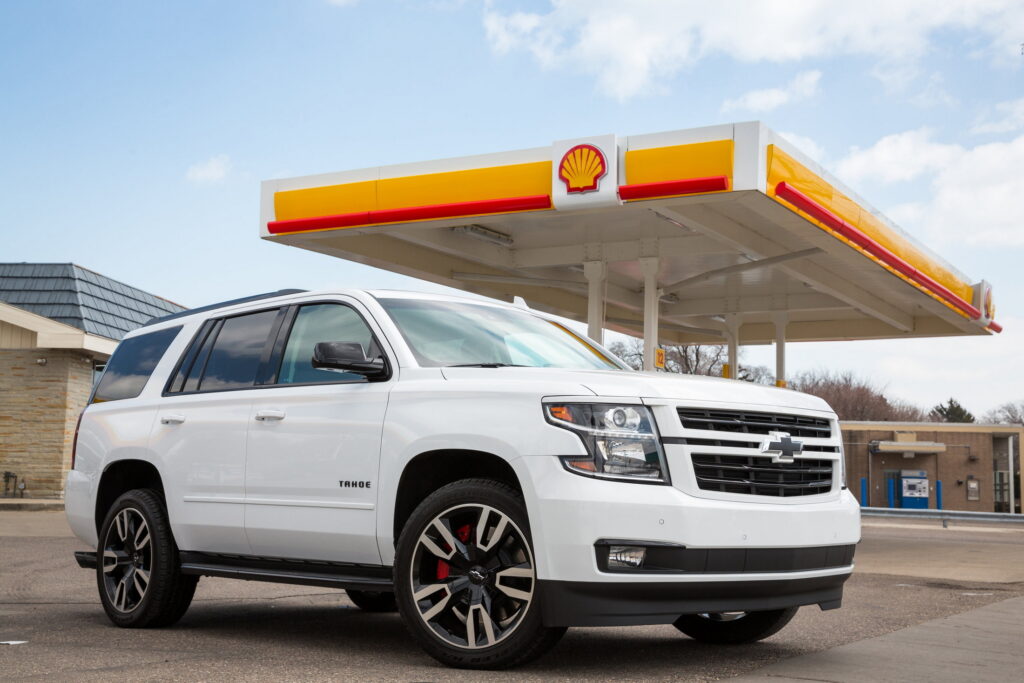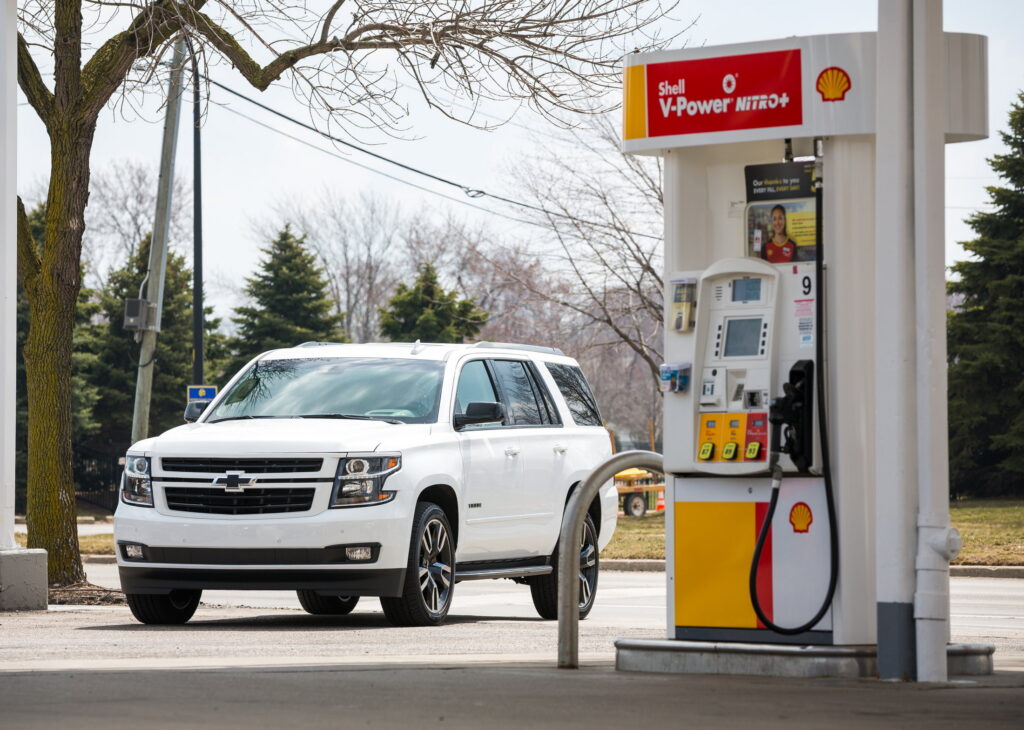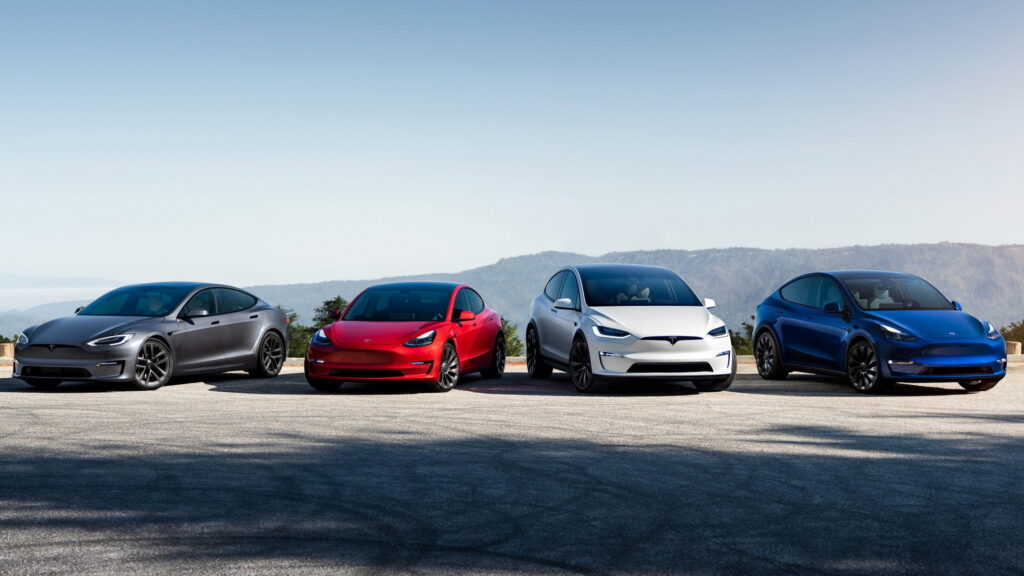This week, automakers were on a letter writing campaign to their representatives, following a U.S. proposal to raise Corporate Average Fuel Economy (CAFE) requirements. While almost every traditional automaker opposed stricter rules, Tesla urged the government to make them even tougher.
In July, the National Highway Traffic Safety Administration (NHTSA) proposed raising CAFE requirements annually by two percent for cars and four percent for SUVs between 2027 and 2032. Its proposal would result in a fleet-wide average fuel economy of 58 MPG (4.0 L/100 km) by the final year.
On Monday, a group representing GM, Toyota, Volkswagen, and most other major automakers criticized the proposal, claiming that NHTSA’s goals were unreasonable, Reuters reports. Meanwhile, the American Automotive Policy Council, which represents Detroit’s big three, separately urged the regulator to halve its requirements for larger vehicles, saying it would disproportionately affect their truck fleets.
Read: GM, Stellantis, And Ford Could Be Fined Billions If New CAFE Rules Are Implemented

In addition, the Alliance for Automotive Innovation said in September that automakers could face non-compliance penalties of more than $14 billion between 2027 and 2032. Toyota, which has historically objected to environmental measures, called this “proof that there is insufficient technology to meet the proposed standards.”
On the other hand, Tesla, the only major American automaker whose fleet is entirely electric, called on the government to implement even tougher fuel economy standards. It asked regulators to annually raise the standards by six percent for cars, and eight percent for trucks.
Tesla makes significant income from selling carbon offsets to automakers that cannot meet CAFE standards. However, the Department of Energy has proposed revising how it calculates equivalent fuel economy ratings for EVs, which automakers have also criticized, saying it would “devalue the fuel economy of electric vehicles by 72 percent.”
In response to comments from the automotive industry, NHTSA said that its rule “is focused on saving Americans money at the gas pump and strengthening American energy independence.” It estimated that the combined benefits of its proposal would outweigh costs by as more than $18 billion.









